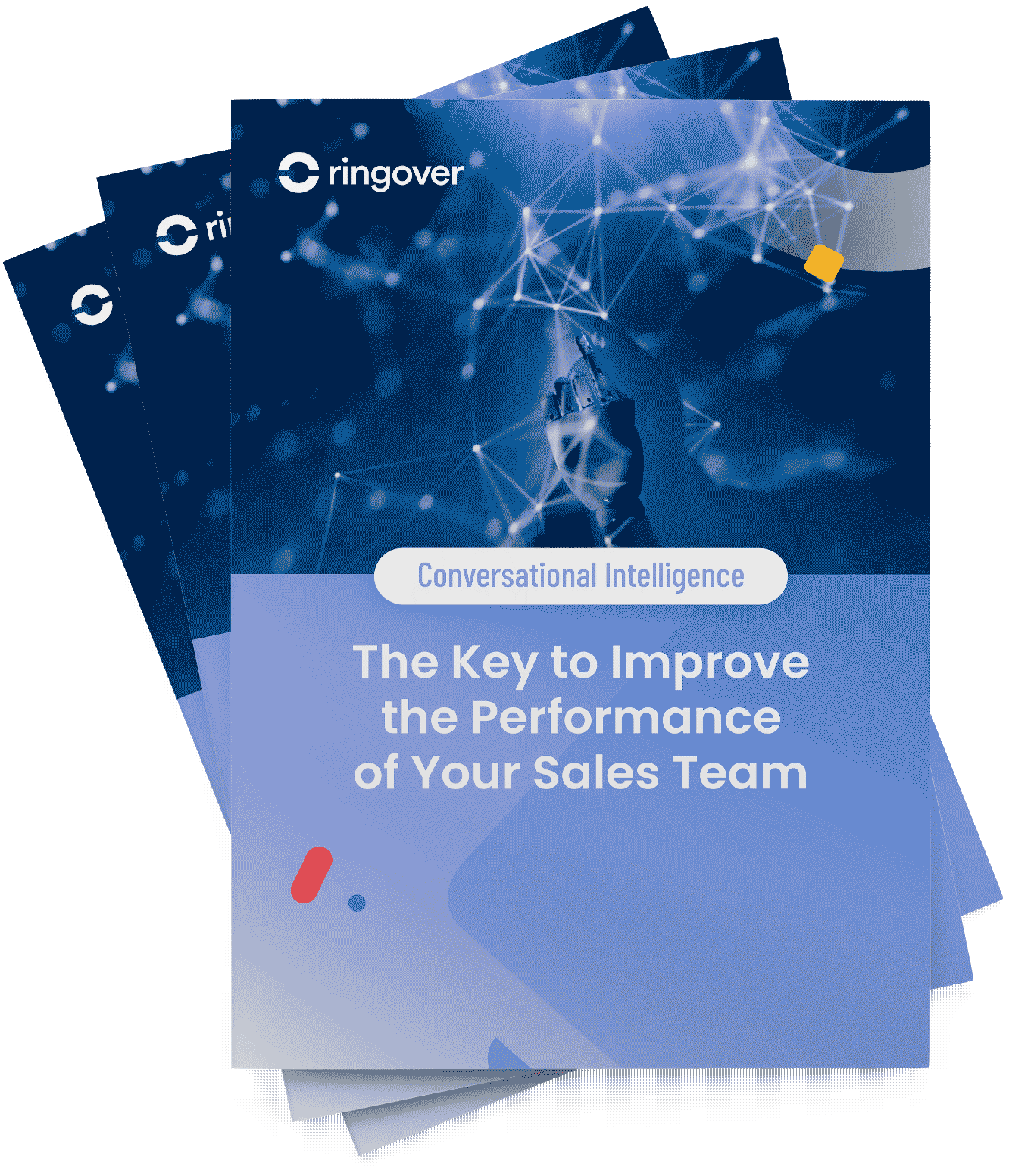Summary
This blend of technology and retail isn't solely focused on operational efficiency; it aims to deliver a customized, community-centric shopping experience that aligns with the changing preferences of today's consumers. As AI technology advances, it becomes essential for retailers to grasp its capabilities and the ways it can be employed to foster business growth and elevate customer satisfaction.
Learn More About Empower10 AI Use Cases
1. Demand Forecasting
Demand forecasting stands as a paramount AI application in retail. Through the analysis of historical sales data, market trends, and customer behavior, AI algorithms adeptly predict product demand with remarkable accuracy. This enables retailers to dynamically manage inventory levels, preventing both stockouts and surplus inventory, and ensuring products are available when needed.
2. Personalized Product Recommendations
AI-driven systems leverage customer data, including browsing history and purchasing patterns, to deliver personalized product recommendations. This strategy boosts customer engagement and increases conversion rates by suggesting products tailored to individual preferences.
3. Chatbots and Virtual Assistants
Chatbots and virtual assistants, powered by AI, streamline customer interactions by offering instant support for tasks such as product recommendations, order tracking, and resolving issues. Utilizing natural language processing (NLP), these tools comprehend and respond to customer inquiries, enhancing customer satisfaction and operational scalability.
4. Visual Search
Visual search technology empowers customers to search for products using images. AI algorithms examine the uploaded images to identify essential features and match them with items in the retailer's catalog, making product discovery effortless and enriching the shopping experience.
5. Inventory Management
AI aids retailers in optimizing inventory levels by analyzing sales data, market trends, and customer behavior. This predictive analytics approach ensures efficient inventory management, minimizing the risks of overstocking or stockouts.
6. Dynamic Pricing
AI algorithms dynamically adjust prices based on demand, competition, and market conditions. This strategy, known as dynamic pricing, enables retailers to optimize profit margins and boost revenue through real-time price adjustments.
7. Customer Segmentation
AI facilitates the segmentation of the customer base by criteria such as behavior, preferences, and demographics. This segmentation enables targeted marketing and personalized communication, which improves customer engagement and loyalty.
8. Cashier-less Technology
AI-powered cashier-less technology, exemplified by Amazon's Just Walk Out system, automates the checkout process. It tracks the items customers select and charges them automatically via an app, eliminating the need for traditional checkout lines and enhancing both the shopping experience and operational efficiency.
9. Supply Chain Optimization
AI optimizes supply chain operations by analyzing data from various sources, including supplier performance, logistics, and market trends. This enables retailers to make data-driven decisions that streamline their supply chain, reduce costs, and improve delivery times.
10. Real-time Personalization
AI facilitates real-time personalization of the shopping journey, customizing the experience to individual customers based on their current behavior and preferences. This includes personalized content, recommendations, and offers, all delivered in real-time to elevate customer satisfaction and engagement.
AI Applications for Improving Retail Operations
Leverage Data-Based Insights To Increase Sales
Empower by Ringover, an AI tool, is crafted to bolster sales operations in retail. Integrating AI-driven analytics, Empower equips sales teams with deeper insights by analyzing customer data and sales trends using conversation intelligence and sentiment analysis. This empowers sales strategies, ensuring teams have the necessary information for effective deal closures.
This enhancement not only uplifts sales performance but also streamlines the sales cycle. This technology applies AI call transcription, analyzing interactions at scale so you can understand where the opportunities are.
Optimizing Customer Service with Ringover
Retailers can harness Ringover to optimize their customer service efforts. Ringover offers real-time analytics and a wide variety of business phone system features, enabling customer service teams to proactively address and respond to customer inquiries. There is also a wide variety of integrations available with Ringover, including with popular CRMs like Hubspot, Salesforce, and more. For example, AI-powered chatbots and virtual assistants like those offered by Zendesk, integrated with Ringover, can manage a high volume of customer queries at once, providing round-the-clock support and elevating the customer experience.
This proactive customer service approach swiftly resolves customer issues, boosting satisfaction and loyalty.
What is the downside of AI in retail?
While AI offers numerous benefits to the retail industry, such as improving efficiency and personalizing customer experiences, there are also challenges of artificial intelligence downsides. These issues can affect the successful implementation of AI technologies and ultimately, the customer experience.
Data Quality and Management Issues
The adoption of AI in retail is significantly hindered by the quality and management of data. For AI analytics to be effective, it relies on high-quality data. However, many retailers find this challenging. The major hurdles include data quality issues and overcoming data silos, which can impede AI's successful implementation.
Ethical Concerns and Bias
Particularly concerning are the ethical issues surrounding AI, such as bias and fraud. Generative AI, for example, can facilitate fraud through customer impersonations or fake websites, necessitating increased vigilance. Moreover, biases in AI algorithms can cause reputational damage if not adequately addressed. Retailers need to ensure their AI systems are transparent and reflect customer values to mitigate these risks.
Skill Shortages and Education
Integrating AI into retail operations demands specialized skills, presenting a significant challenge. The industry faces a shortage of skilled developers, complicating the effective implementation and management of AI.
Customer Backlash and Trust Issues
AI applications that interact directly with customers can sometimes trigger backlash, particularly if the technology fails to meet expectations or raises data privacy concerns. Consumers may be wary of AI personalizing their shopping experiences. To overcome these concerns, retailers must be transparent about how AI is used and work to build trust in AI-driven processes.
Overpromising and Underdelivering
Retailers need to be careful not to overpromise the capabilities of AI, as failing to meet these expectations can disappoint customers and tarnish the brand's reputation. It's essential that AI solutions fulfill their promises and are implemented in ways that meet customer expectations.
Resistance to Change
Implementing AI can also encounter resistance from within the organization, as employees may be skeptical about the benefits of new technologies. Retailers must manage workforce opposition and navigate organizational resistance to change effectively.
An omnichannel contact center software allows you to effortlessly keep in touch with customers via their preferred channel.
How is AI being used in sales?
Sales Forecasting and Predictive Analytics
AI significantly enhances sales forecasting through the analysis of historical data, market dynamics, and consumer behavior to forecast future sales patterns. This predictive power enables businesses to make well-informed decisions regarding inventory, staffing, and budget planning, ensuring readiness to meet demand and seize forthcoming opportunities.
Studies indicate that AI in sales forecasting results in more precise predictions, empowering sales teams to plan with foresight.
Lead Qualification and Scoring
AI algorithms swiftly categorize and score potential leads using criteria like engagement level, purchasing history, and demographic data. This allows sales teams to prioritize leads with the highest likelihood of conversion, improving the efficiency of sales prospecting efforts. For example, AI-enhanced tools can analyze customer demographics, previous interactions, and market trends to offer sales teams a more nuanced understanding of customer needs and enable focused engagement.
Automated Follow-Ups and Outreach
AI applications automate monotonous tasks such as organizing meetings, dispatching follow-up emails, and updating CRM records. This liberation of sales professionals to dedicate time to strategic endeavors, such as negotiating deals and fostering client relationships, is invaluable. Automated follow-ups ensure consistent engagement with leads, boosting the productivity and success of lead generation initiatives.
Conversational Intelligence and Call Analysis
Conversational AI platforms scrutinize sales calls and meetings, transcribe dialogues, pinpoint primary topics and objections, and evaluate sentiment. This equips sales representatives to refine their communication tactics, optimize pitches, and more effectively address customer concerns.
Through the application of natural language processing (NLP), these tools offer critical insights into customer interactions, aiding sales teams in elevating their performance.
Personalization and Content Generation
AI is adept at producing customized communications for customers on a large scale. By analyzing customer data, AI can adapt messages, recommendations, and content to match individual preferences and behaviors.
This level of personalization markedly enhances customer engagement and satisfaction. For instance, generative AI tools can create superior email content and subject lines within seconds, amplifying the efficacy of lead generation campaigns.
Sales Enablement and Coaching
AI is instrumental in sales enablement by automating routine tasks, delivering personalized insights, and boosting the overall efficiency of sales operations. A sales enablement tool allows sales teams to benefit from automated sales call evaluations, AI transcription software, call summaries, and personalized statistics. With this information at hand, it's easy for agents to individually identify their areas of improvement, or develop coaching plans for individuals or teams. Ultimately, these insights give sales reps the competencies necessary to successfully close deals.
Data Enrichment and Analysis
AI-enhanced data enrichment tools integrate data from diverse sources into a company's database, fostering a more comprehensive understanding of prospects, leads, customers, and processes. This sophisticated data analysis facilitates improved lead scoring, prioritization, and the customization of outreach efforts. For example, solutions like HubSpot's predictive scoring and Zoho's DataPrep utilize AI to derive meaningful insights from existing data, refining sales strategies.

How is AI changing consumer interaction with retailers?
Artificial intelligence (AI) is reshaping the interaction between consumers and retailers, leading to a more personalized, efficient, and engaging shopping journey. Below, we explore the pivotal ways in which AI is revolutionizing consumer experiences:
Personalized Shopping Experiences
AI algorithms delve into extensive customer data, such as purchase history, browsing habits, and preferences, to curate highly personalized shopping experiences. Amazon, for example, leverages AI to tailor its homepage for each user, providing customized product suggestions that not only enhance the shopping experience but also boost sales. This personalized approach simplifies the shopping process, making it more enjoyable and helping customers make informed purchase decisions.
Automated Customer Service
AI-driven chatbots and virtual assistants are transforming retail customer service. These innovative tools manage routine inquiries, deliver product information, and facilitate the purchasing process.
Utilizing natural language processing, chatbots can identify issues with products and initiate exchanges or returns, streamlining the resolution process. This automation significantly improves customer satisfaction and loyalty by offering round-the-clock support.
Smart Shelves and In-Store Assistance
In an effort to enhance the in-store experience, some retailers have adopted AI technologies like smart shelves, which enable customers to scan barcodes for product recommendations or additional information.
This interactive tech empowers shoppers to make well-informed decisions, elevating their in-store experience. Moreover, AI tools such as Sephora's Virtual Artist allow customers to virtually try on makeup, minimizing the need for physical trials and reducing product returns.
Voice Search and Hands-Free Shopping
The advent of AI-powered voice search capabilities is altering consumer interactions with retailers. Voice assistants permit customers to use voice commands for product searches, streamlining the shopping process. This feature is particularly advantageous for online shopping, enabling swift product discovery without manual searches.
Real-Time Feedback and Adaptation
AI enables retailers to collect and analyze customer feedback instantaneously, allowing for swift strategy adjustments. This immediate feedback loop aids retailers in refining their services, product selections, and overall customer experience. AI's analysis of customer interactions can pinpoint common concerns and preferences, facilitating prompt operational modifications.
Seamless Omnichannel Experiences
AI facilitates the creation of seamless omnichannel experiences by integrating data from various sources, including both online and offline channels. This ensures a consistent shopping experience across all platforms, whether online, in-store, or via mobile apps.
Through AI-powered systems, customer profiles are unified, enabling retailers to offer consistent and personalized experiences across different shopping channels.
Conclusion
The adoption of artificial intelligence (AI) in the retail sector has been transformative, elevating the overall shopping experience, streamlining operations, and fueling business expansion.
Empower by Ringover allows sales teams to capitalize on AI's potential, providing the analytics sales team need to upgrade their sales techniques. And if your focus is boosting customer satisfaction, an omnichannel contact center software like the one offered by Ringover. Ringover allows you to closely track and understand agent performance. With this data at hand, it's easy to improve customer relationships. If you're curious about either solution, you can start a free trial of either Empower or Ringover today.
Published on September 19, 2024.



